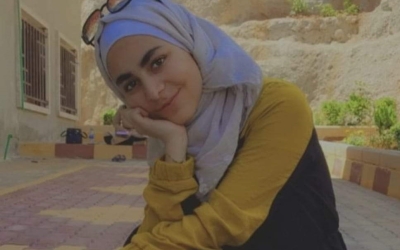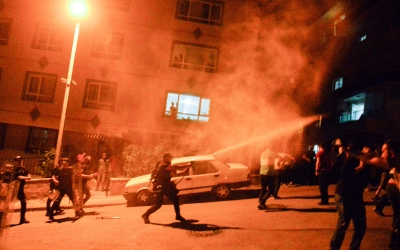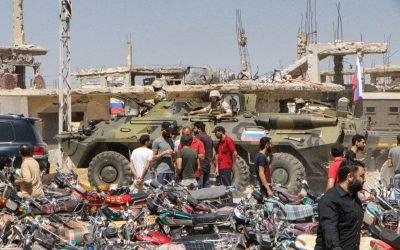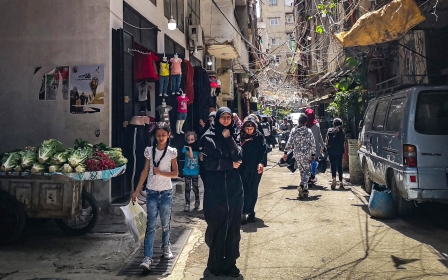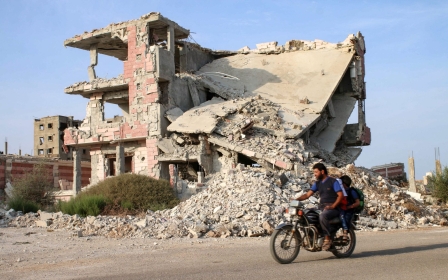UN investigators say Syria not safe for refugee return as violence worsens
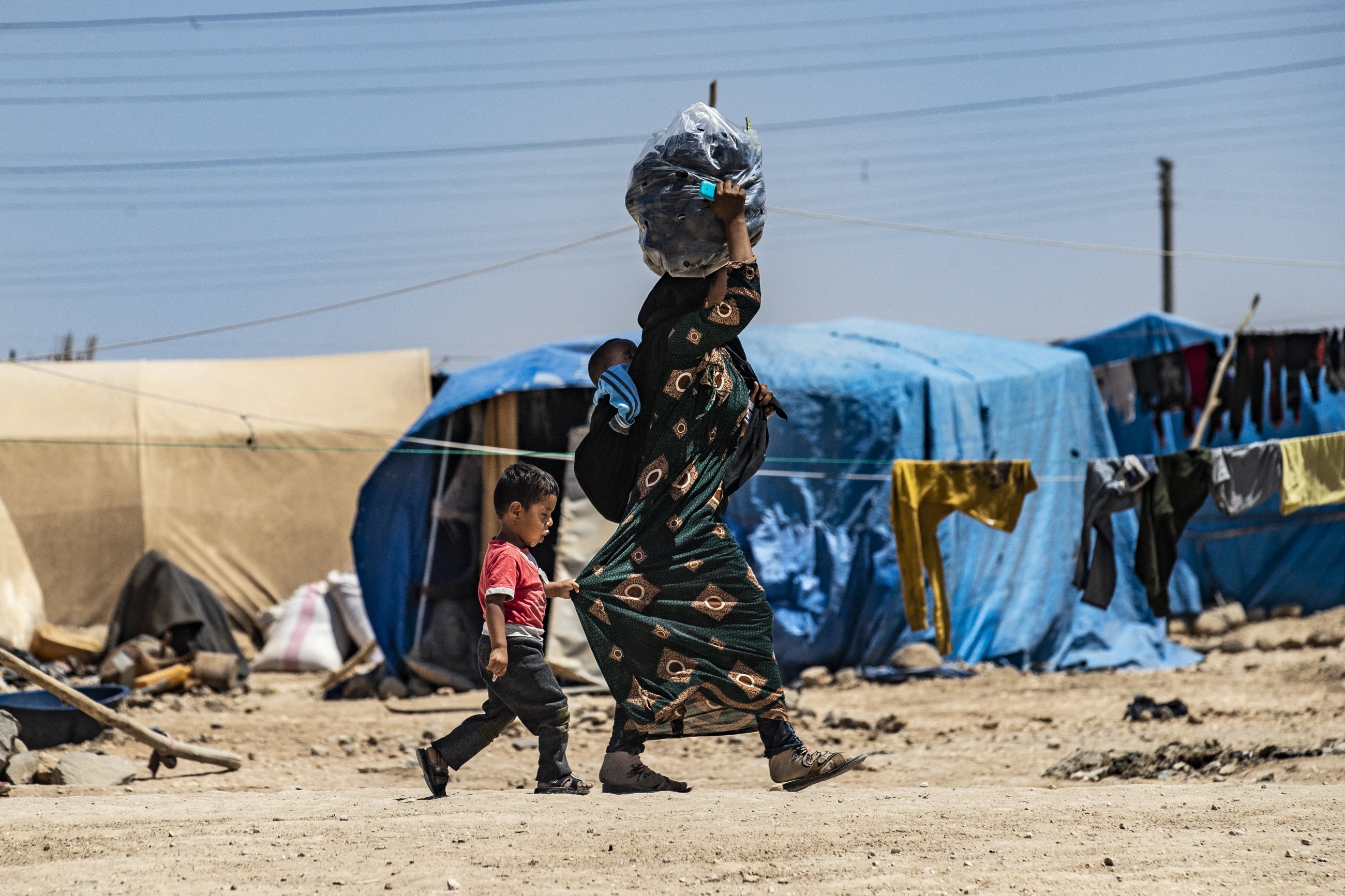
UN war crimes investigators said on Tuesday that it was still unsafe for Syrian refugees to return to the war-ravaged country, citing worsening violence and rights violations including arbitrary detention by government forces.
In their latest report, the UN Commission of Inquiry on Syria painted an increasingly bleak situation, noting hostilities in several areas of the fractured country, a collapsing economy, drying riverbeds and an uptick in attacks by the Islamic State (IS) group.
New MEE newsletter: Jerusalem Dispatch
Sign up to get the latest insights and analysis on Israel-Palestine, alongside Turkey Unpacked and other MEE newsletters
"One decade in, the parties to the conflict continue to perpetrate war crimes and crimes against humanity and infringing the basic human rights of Syrians," said Paulo Pinheiro, the chair of the commission.
"The war on Syrian civilians continues, and it is difficult for them to find security or safe haven in this war-torn country."
The report also cited a continuation of arbitrary and incommunicado detentions conducted by forces loyal to Syrian President Bashar al-Assad.
"The Commission has continued to document not only torture and sexual violence in detention but also custodial deaths and enforced disappearances," the commission said according to a statement shared with Middle East Eye.
Now into its tenth year, the conflict in Syria has unleashed the world's worst refugee crisis with over 5.6 million Syrians fleeing to neighbouring countries and over one million living in Europe.
Growing hostility to refugees
The UN report comes as many host countries are looking to send refugees back to the war-wracked country. Denmark which took in 21,000 refugees at the height of the crisis recently deemed Syria a safe destination for return.
Early this summer the Danish government sent out notices to at least 390 Syrians who have had their residency permit renewals denied or revoked and may have to return to Syria.
Syria's neighbours have also become frustrated with the financial strain of hosting refugees.
Lebanon, which is in the throws of a financial crisis the World Bank has deemed as one of the worst since the 1850's hosts an estimated 1.5 million Syrian refugees.
The Lebanese government has repeatedly called for Syrian refugees to return, even as human rights organisations say the conditions are not right.
Earlier this month, Turkey's Interior Ministry announced a set of strict rules to "regulate" the situation of Syrian refugees in its capital of Ankara, less than a month after violence in the city between Turks and Syrians surged.
Turkey is the world's largest host of refugees according to the World Bank and hosts roughly 3.6 million Syrians.
Worsening violence
The UN report also documented an increase in fighting within Syria accompanied with what Commissioner Hanny Megally called a "return of sieges and siege-like tactics" in some parts of the country.
Earlier this summer, the Assad government launched an offensive in southwestern Daraa province, the birthplace of Syria's revolution and a last bastion of rebel fighters.
Fighting between government forces and former rebels in the Syrian province displaced more than 38,000 people in August, according to the UN.
The report also documented increased hostilities in the northwest of Syria, saying markets, residential areas and medical facilities had been struck from the air and ground, "often indiscriminately, causing numerous civilian casualties."
At least 243 people were killed or maimed in seven car bomb attacks in the rebel-held towns of Afrin and Ras al-Ain north of Aleppo, though the full toll was considerably higher, it said.
While criticising Islamist group Hayat Tahrir al-Sham (HTS) for its control of Idlib province in northwestern Syria and its crackdown on the press, it also called out the conditions of internment camps controlled by US backed Syrian Democratic Forces.
Thousands of women and children are held in camps controlled by the United States Kurdish allies in Syria’s Northeast on suspicion of links to Islamic State.
The UN report said they had, "been left to fend for themselves in conditions that may amount to cruel or inhuman treatment."
Middle East Eye delivers independent and unrivalled coverage and analysis of the Middle East, North Africa and beyond. To learn more about republishing this content and the associated fees, please fill out this form. More about MEE can be found here.


